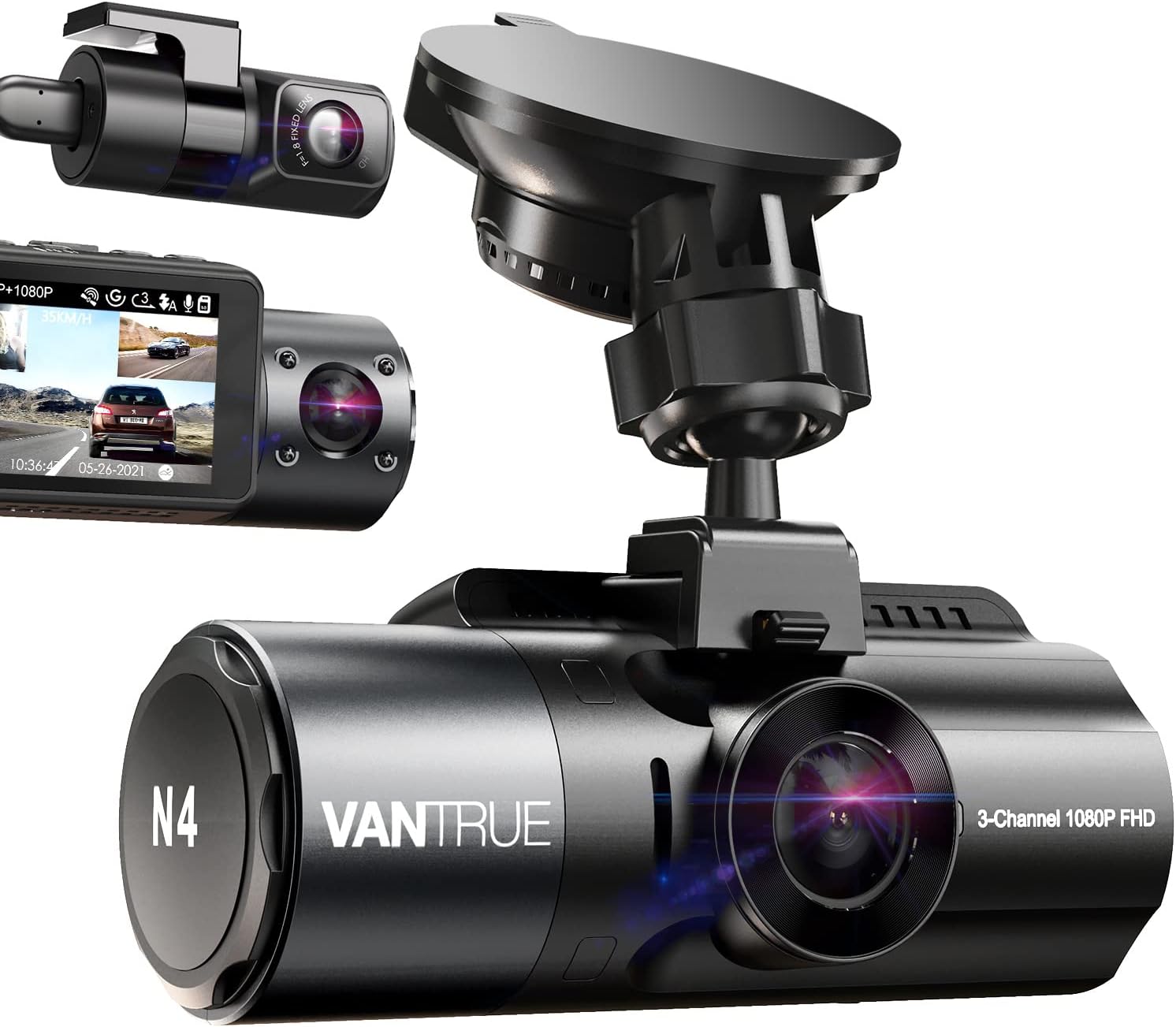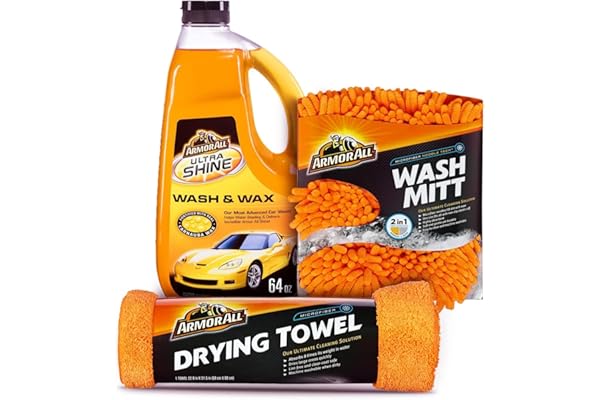Will My Insurance Cover Car Wash Damage? What You Need to Know
The short answer is: Yes, your car insurance will likely cover car wash damage, but usually only if you have comprehensive coverage. However, the real question isn’t *if* it’s covered, but if you *should* file a claim. Often, the cost of the repair is less than your deductible, making a claim pointless.
It’s that sinking feeling. You pull out of the car wash, your car gleaming, only to spot it: a long, deep scratch down the passenger side, a cracked mirror, or a piece of trim dangling loose. What happens next? Who pays for it? This guide will walk you through the entire process, from documenting the damage to dealing with the car wash and deciding whether to involve your insurer.
Quick Facts: Car Wash Damage & Insurance
- Coverage Type: Damage from a car wash is typically covered under your policy’s comprehensive coverage, not collision.
- The Deductible is Key: You must pay your deductible before your insurance covers the rest. If the repair costs $700 and your deductible is $500, you’ll pay $500 and insurance pays $200.
- Car Wash Liability: The car wash is often legally responsible for damage caused by their negligence or faulty equipment, despite what their signs say.
- Proof is Your Burden: Proving the car wash caused the damage is the hardest part. Immediate documentation is critical.
- Prevention is Best: The easiest claim to deal with is the one you never have to file.
Who is Actually Liable? The Car Wash vs. Your Insurance Policy
This is the central conflict. When your car is damaged, two potential payers exist: the car wash operator (or their insurance) and your own insurance company. Understanding their roles is crucial.
The Car Wash’s Responsibility
When you pay for a car wash, you’re entering into an implied contract called a “bailment.” You are the bailor (entrusting your property) and they are the bailee (taking temporary possession). They have a legal duty to take reasonable care of your vehicle.
What About Those “Not Responsible for Damage” Signs?
Almost every car wash has signs disclaiming liability for damage to antennas, mirrors, or custom parts. While these signs can deter people, they are not a get-out-of-jail-free card. A sign cannot absolve a business of its own negligence. If their equipment malfunctions and damages your factory-standard car, they are generally liable, sign or no sign. However, they can reasonably deny claims for pre-existing damage or damage to non-standard, fragile aftermarket parts.
Your Insurance Policy: The Safety Net with a Catch
Your insurance policy is your backup plan. It’s important to remember the fundamental purpose of insurance, which has evolved greatly from **when car insurance first became mandatory**. It’s designed to protect you from significant financial loss, not minor cosmetic issues.
Comprehensive vs. Collision
This is a point of frequent confusion.
- Collision Coverage: Pays for damage to your car from a collision with another object or vehicle (e.g., hitting a car, a pole, a curb).
- Comprehensive Coverage: This is your “other-than-collision” coverage. It covers a wide range of incidents like theft, vandalism, fire, falling objects, and—in most cases—damage from a car wash equipment malfunction.
If you only have liability coverage, your insurance will not pay for any damage to your own vehicle, no matter the cause.
The All-Important Deductible
This is the dealbreaker. A deductible is the amount you have to pay out-of-pocket for a comprehensive or collision claim. They typically range from $250 to $1,000. If a car wash brush rips off your mirror and the repair costs $600, but your comprehensive deductible is $1,000, filing a claim with your insurance is useless because the repair cost is below what you’d have to pay anyway. You should only file a claim if the damage is significantly more than your deductible.
Step-by-Step Guide: What to Do Immediately After Finding Damage
Your actions in the first 15 minutes are the most important part of the entire process. If you want any chance of the car wash accepting responsibility, you must act methodically.
-
DO NOT LEAVE THE PROPERTY
The second you drive off the lot, your case becomes exponentially harder to prove. The car wash will claim the damage could have happened anywhere. Pull into a parking spot on their property immediately.
-
DOCUMENT EVERYTHING
Use your smartphone. Take wide shots of your car and the car wash bay. Then, take dozens of close-up photos and videos of the damage from every possible angle. The more, the better. If you can see the piece of equipment you believe caused the damage, record it as well.
-
SPEAK TO THE MANAGER & FILE A REPORT
Calmly and politely find the manager. Do not be accusatory. Simply state the facts: “I just came through the wash and I’ve found this new damage to my car. I’d like to file an incident report.” They will have a standard form. Fill it out completely and accurately. Use your phone to take a picture of the completed report for your records.
-
GET CONTACT INFORMATION
Get the manager’s full name and the contact information for their insurance company or corporate office. Ask for the specific claim process. Some larger chains have a dedicated claims department.
-
GET A REPAIR ESTIMATE PROMPTLY
Go to a reputable body shop and get a written estimate for the repairs. This number will determine your next steps. If the estimate is $250, you’ll pursue the car wash directly. If it’s $2,500, you’ll likely need to involve your own insurance company.
Prevention: The Best Way to Handle Car Wash Damage
As an adjuster, I can tell you that these claims are messy and frustrating. The best strategy is to avoid the damage in the first place. This means being proactive about how and where you wash your car.
- Inspect Before You Go: Check for loose trim, rock chips that could spread, or existing deep scratches. A high-pressure wash can turn a small problem into a big one.
- Choose Your Wash Wisely: Well-maintained, modern touchless car washes are generally the safest automated option. Hand-washing services are even better, but the ultimate in safety is doing it yourself.
- Prep Your Vehicle: Always fold in your mirrors, remove magnetic signs, and lower or remove long antennas.
Different vehicles also have different vulnerabilities. The considerations for a sturdy sedan are different from a more exposed motorcycle, which is a key reason why you might wonder **is motorcycle insurance cheaper than car insurance**—it’s all about the specific risks involved.
Invest in Protection and Prevention
The right tools can help you avoid damage entirely or provide the proof you need if an incident occurs.

Dash Cam with Parking Mode
Why it helps: This is your impartial witness. A good dash cam that records on entry and exit can provide a timestamped video showing the car’s condition right before it entered the wash, making it very difficult for an operator to deny the damage occurred on their property.
Check Price on Amazon
Premium Home Car Wash Kit
Why it helps: The only way to be 100% sure your car is washed safely is to do it yourself with the right tools. A kit with a foam cannon, grit guards, and quality microfiber mitts prevents the swirls and scratches common in automated washes.
Check Price on Amazon
Ultra-Plush Microfiber Drying Towels
Why it helps: A huge source of scratches comes from improper drying. Old rags, bath towels, or the giant spinning dryers at automated washes can drag grit across your paint. A high-quality microfiber towel absorbs water safely, protecting your clear coat.
Check Price on AmazonFrequently Asked Questions (FAQ)
Will filing a comprehensive claim for car wash damage raise my insurance rates?
It’s possible, but less likely than with an at-fault collision claim. Comprehensive claims are generally seen as being outside of the driver’s control. However, a pattern of multiple comprehensive claims in a short period could certainly cause an insurer to raise your premium or even non-renew your policy. Always ask your agent about potential rate impacts before filing.
Are touchless car washes 100% safe?
They are significantly safer than traditional soft-cloth washes because nothing physically touches your car except soap and high-pressure water. However, they are not risk-free. The harsh chemicals used can strip wax and damage some finishes over time, and the extreme water pressure could potentially harm loose trim or exacerbate existing paint chips.
The car wash is denying my claim. What’s my next step?
If the damage is minor (a few hundred dollars), your best and often only recourse is small claims court. The process is designed to be used without a lawyer. If the damage is major and you have comprehensive coverage, this is the point where you would call your own insurance company, pay your deductible, and let them handle the repair. Your insurer will then often try to subrogate—or recover the money from the car wash’s insurer—on your behalf.